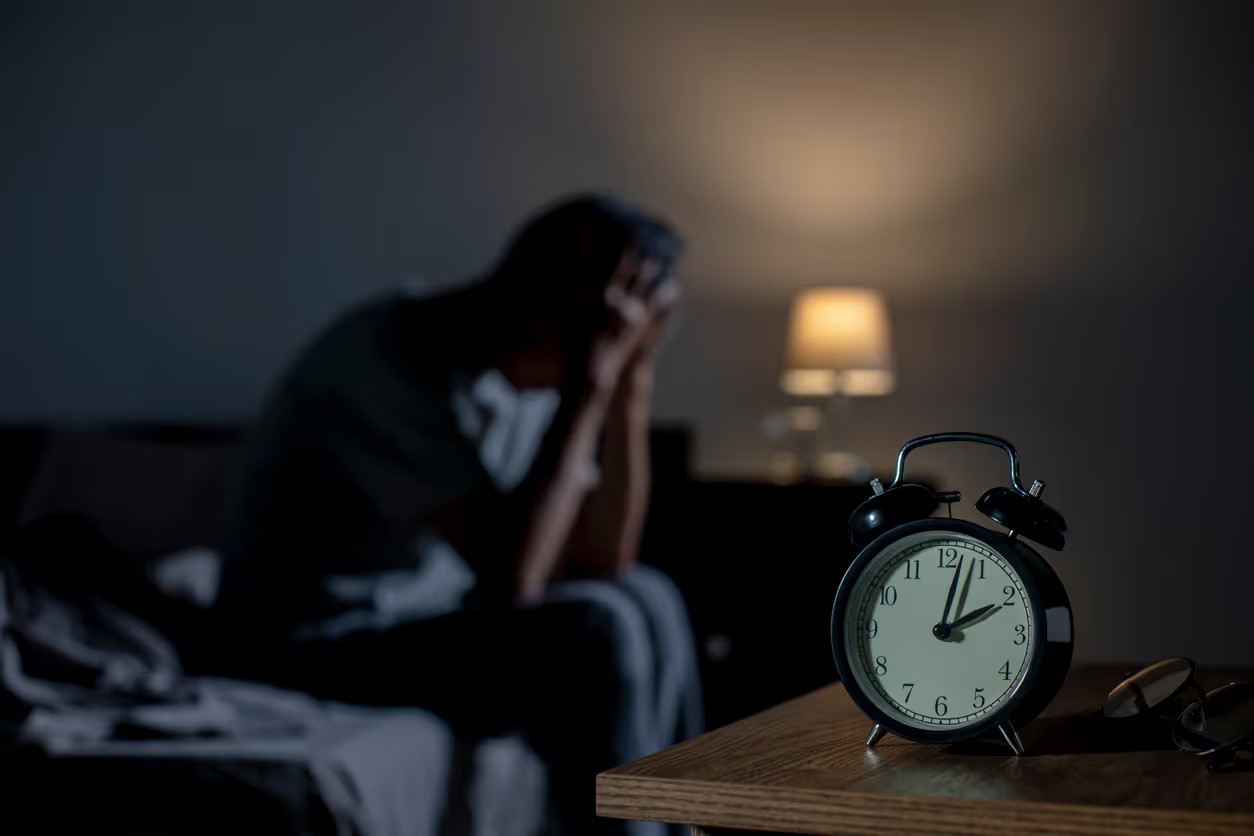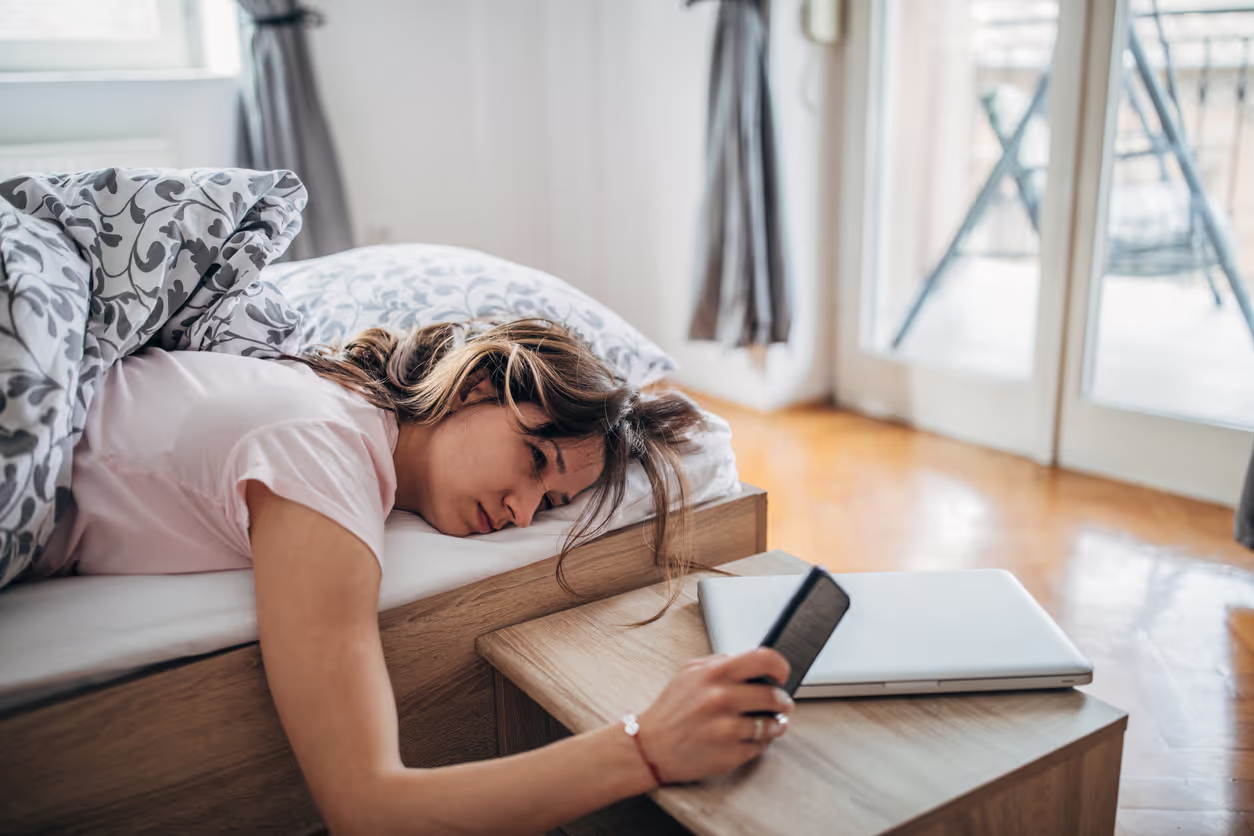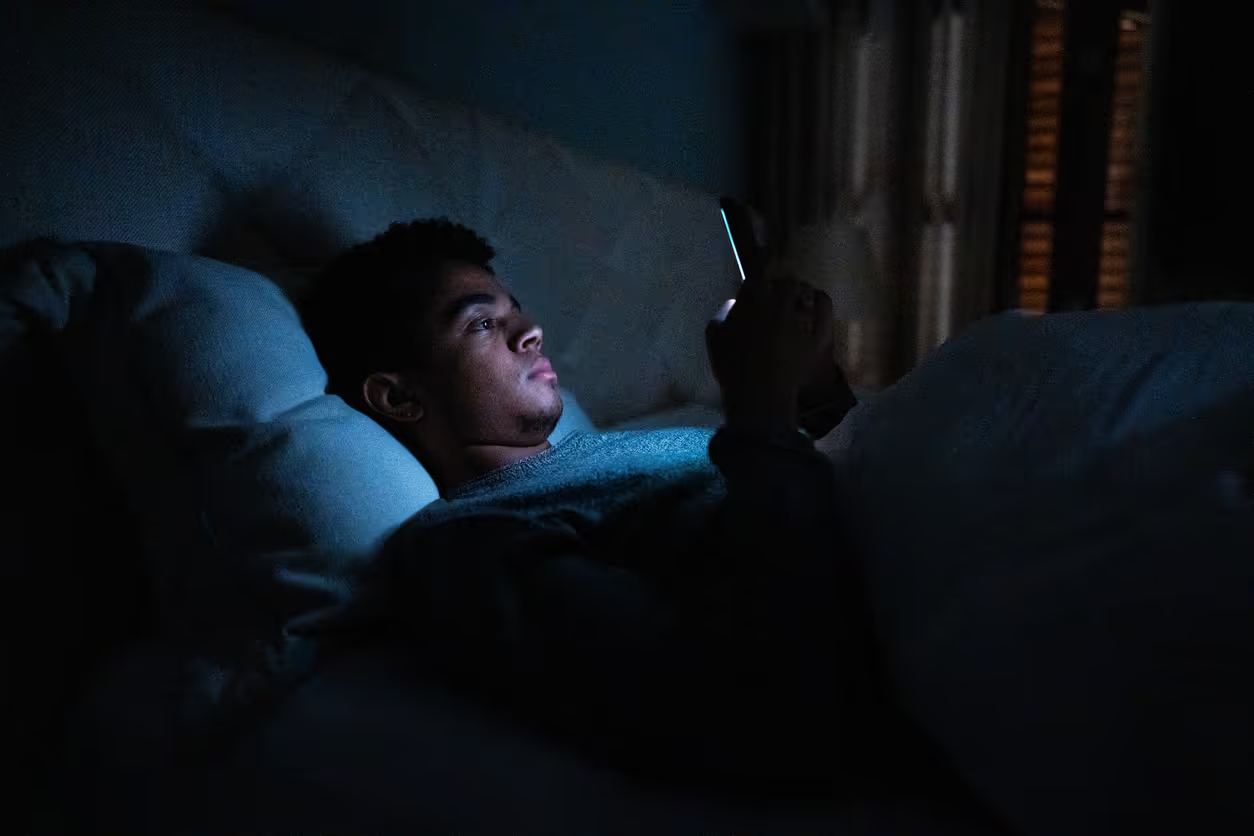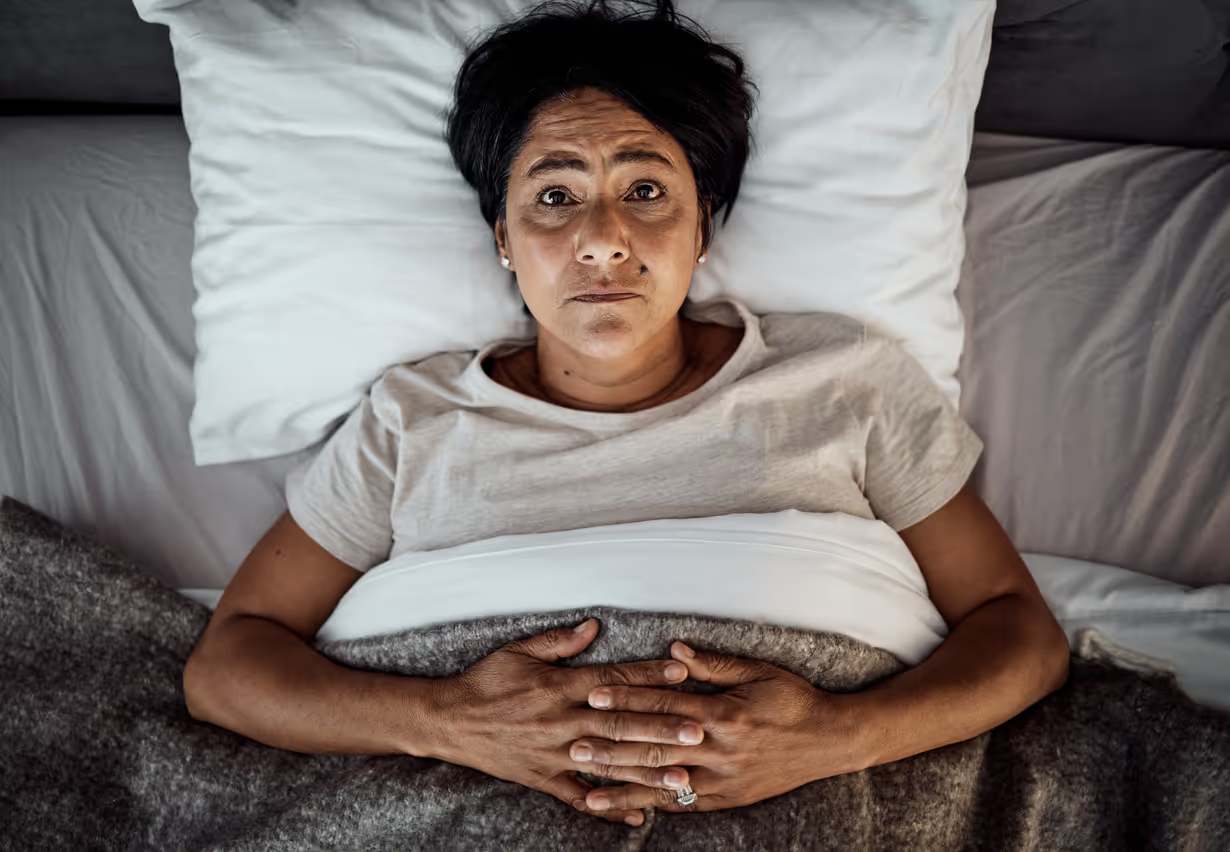Why natural sleep is the best sleep: insights from recent research

If You Repeatedly Have Trouble Sleeping
It’s common to lose faith in your body’s ability to fall asleep naturally. This belief that your sleep system is somehow broken often leads people to "outsource" their sleep to sedating medications like sedative-hypnotics and benzodiazepines. However, sleep is different from sedation.
Let’s look at some of the benefits of natural sleep and the drawbacks of medication-induced sleep. If you are curious about your sleep health, take our Free Sleep Assessment. In just a few minutes you will receive a free comprehensive Sleep Health Report.
The Essence of Natural Sleep
Natural sleep is regulated by our circadian rhythm (body clock) and our sleep drive (hunger for sleep). When both are strong, and we’re relaxed enough to surrender to sleep, it unfolds naturally.
Evolution has preserved sleep for a reason — we spend a third of our lives doing it. Research shows that unmedicated sleep supports key functions like:
- Memory consolidation
- Immune system functioning
- Emotional regulation
- Metabolic health
(Walker, 2017)
The Pitfalls of Sleeping Pills
While prescription sleep aids can offer short-term relief, they come with notable downsides:
- Disrupted Sleep Architecture: Medications like zolpidem and benzodiazepines reduce REM and suppress deep sleep (Wallace et al., 2023).
- Dependency and Tolerance: Continued use can lead to both psychological and physiological dependence (Glass et al., 2005).
- Residual Effects: Users may feel drowsy the next day, with cognitive and balance issues (Kripke, 2016).
Capturing Natural Sleep
1. For Short-Term (Acute) Insomnia
There are several strategies that can help avoid the need for medication:
- Don’t spend excessive time in bed trying to sleep — it can make things worse.
- Get up at the same time every morning, even after a bad night — this strengthens your circadian rhythm and sleep drive.
- Avoid napping unless absolutely necessary.
- Cut back on caffeine, especially in the afternoon.
- Make your bedroom cool and dark.
2. For Chronic Insomnia
CBT-I (Cognitive Behavioural Therapy for Insomnia) is the gold-standard, non-drug treatment for chronic insomnia.
CBT-I consistently outperforms medications in long-term results, improving:
- Time it takes to fall asleep
- Sleep efficiency
- Overall sleep quality
And all without side effects. (Cheng et al., 2023)
Conclusion
Natural sleep helps your brain and body in ways that medications can’t. While pills might help during short bouts of insomnia, they aren’t a long-term solution.
CBT-I, along with good sleep habits, is a sustainable way to improve your sleep for good. Your sleep-transformation starts with 40+ years of practitioner-designed CBT-I, uniquely refined through real-world training and therapy delivery. Get started on your path to better sleep today.
“CBT-I should be considered the first-line treatment for chronic insomnia.”
– Qaseem et al., 2016
Not sure about your sleep heatlh? Get started on your path to better sleep today.
Take our Free Sleep Assessment to obtain your personalized Sleep Health Report. This report will help you identify what kind of specialist or treatment is best for you.
Schedule a meeting here to learn more about how we can help you improve your sleep health or email us at sleep@somnahealth.com.
References
- Cheng, P., Yu, S., Xu, X., & Luik, A. I. (2023). Comparative effectiveness of cognitive behavioral therapy for insomnia and pharmacologic treatments: A systematic review and meta-analysis. Psychological Medicine, 53(4), 1089–1098. https://doi.org/10.1017/S0033291722001340
- Glass, J., Lanctôt, K. L., Herrmann, N., Sproule, B. A., & Busto, U. E. (2005). Sedative hypnotics in older people with insomnia: Meta-analysis of risks and benefits. BMJ, 331(7526), 1169. https://doi.org/10.1136/bmj.38623.768588.47
- Kripke, D. F. (2016). Hypnotic drug risks of mortality, infection, depression, and cancer: but lack of benefit. F1000Research, 5, 918. https://doi.org/10.12688/f1000research.8729.2
- Qaseem, A., Kansagara, D., Forciea, M. A., Cooke, M., & Denberg, T. D. (2016). Management of chronic insomnia disorder in adults: A clinical practice guideline from the American College of Physicians. Annals of Internal Medicine, 165(2), 125–133. https://doi.org/10.7326/M15-2175
- Walker, M. (2017). Why we sleep: Unlocking the power of sleep and dreams. Scribner.
Book a time with one of our sleep specialists to get your sleep back on track.






